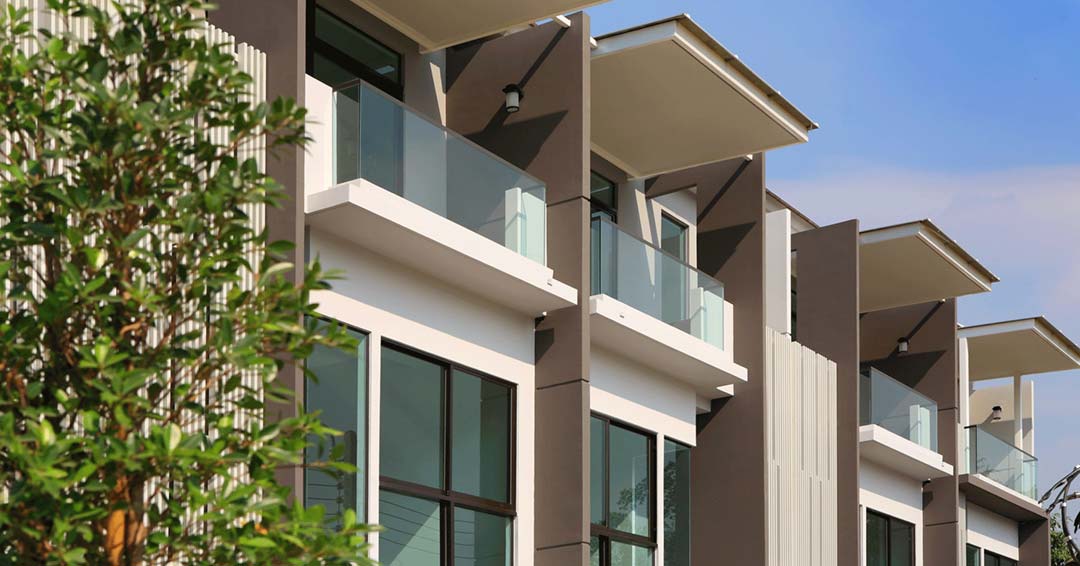
Thai law allows foreign nationals to own condominium units, subject to restrictions as detailed in the Condominium Act of 1979. Furthermore, certain regulations also apply in the case a Thai national married to a foreign spouse applies to register ownership of a condominium unit. The purpose of these regulations is to ensure that the restrictions of the Condominium Act concerning foreign ownership of condominium units may be avoided by marriage to a Thai national. Generally, a Thai national married to a foreign spouse is allowed to register ownership of a condominium unit either in her own name or as a jointly-owned property.
Few important points about the Land Department regulations
The regulations apply to (1) a Thai national married to a foreign spouse or a Thai national cohabitating with a foreign spouse as husband-and-wife and (2) where the funds used to purchase the property are marital property or property that was acquired through joint-efforts of the couple.
Regardless of whether the condominium is to be registered in the name of the Thai spouse alone or as a jointly-owned property of the husband-and-wife, the qualifications of the foreign spouse must be considered above all else. Specifically, this requirement means that the spouse must be a foreigner who is allowed to own a condominium unit according to Section 19 of the Condominium Act.
The units of the condo building must always be at least 51% Thai-owned. If the foreign-owned units or “foreign freehold” ownership in a condominium has reached the limit of 49%, the remaining units can be put as “leasehold units” or maybe leased to foreigners under a lease agreement, usually a 30-year lease.
There are no restrictions with regards to nationality, and every foreigner who entered Thailand with a valid visa can purchase and own a condo unit within the foreign freehold ownership quota (which is 49%) of the condominium units. However, foreigners seeking to own a condominium unit must qualify for ownership under section 19 of the Condominium Act.
Therefore, permission to register ownership of the condominium unit by the Thai spouse shall be based on whether the foreign spouse is allowed to own the condominium unit. Ownership of the condominium will be considered fully foreign-owned (for the purposes of the Condominium Act) since ownership of the joint-property cannot be divided. Therefore, in light of this consideration, registration of ownership by the Thai spouse cannot allow the ratio of ownership in the condominium project to exceed 49% foreign ownership.
However, Land Department regulations do provide that a Thai national with a foreign spouse can own a condominium unit as her separate property if the foreign spouse confirms in writing that the funds used to purchase the unit are the separate property of the Thai spouse. In such a case, the restrictions of the Condominium Act regarding foreign ownership will not apply to the Thai spouse.
Thai condominium law is complex. Foreigners who are interested in investing in a condominium in Thailand are advised to consult with competent Thailand lawyers in order to understand their legal rights and liabilities.



